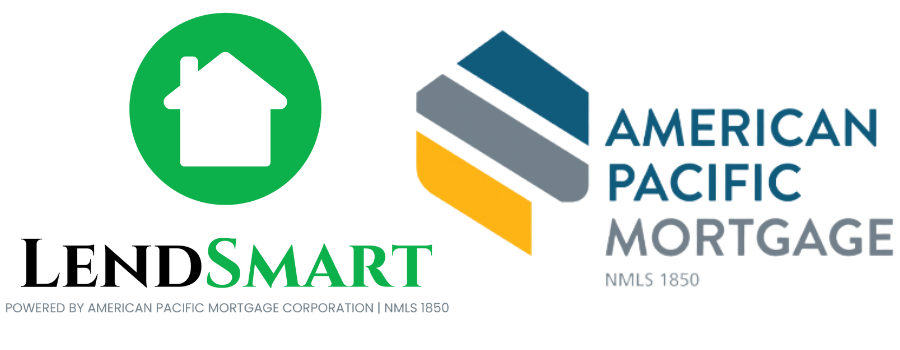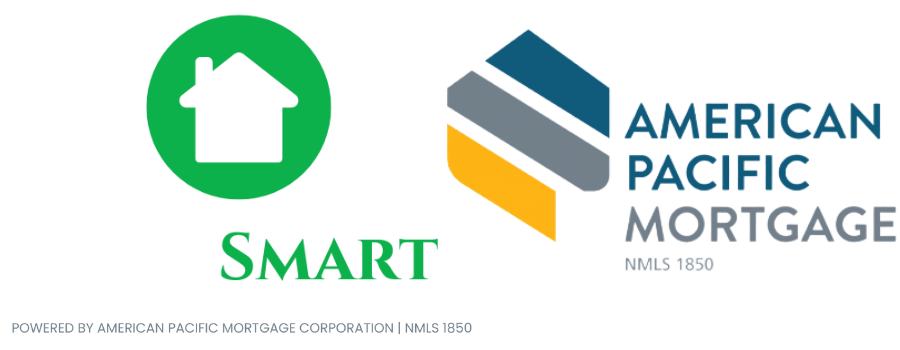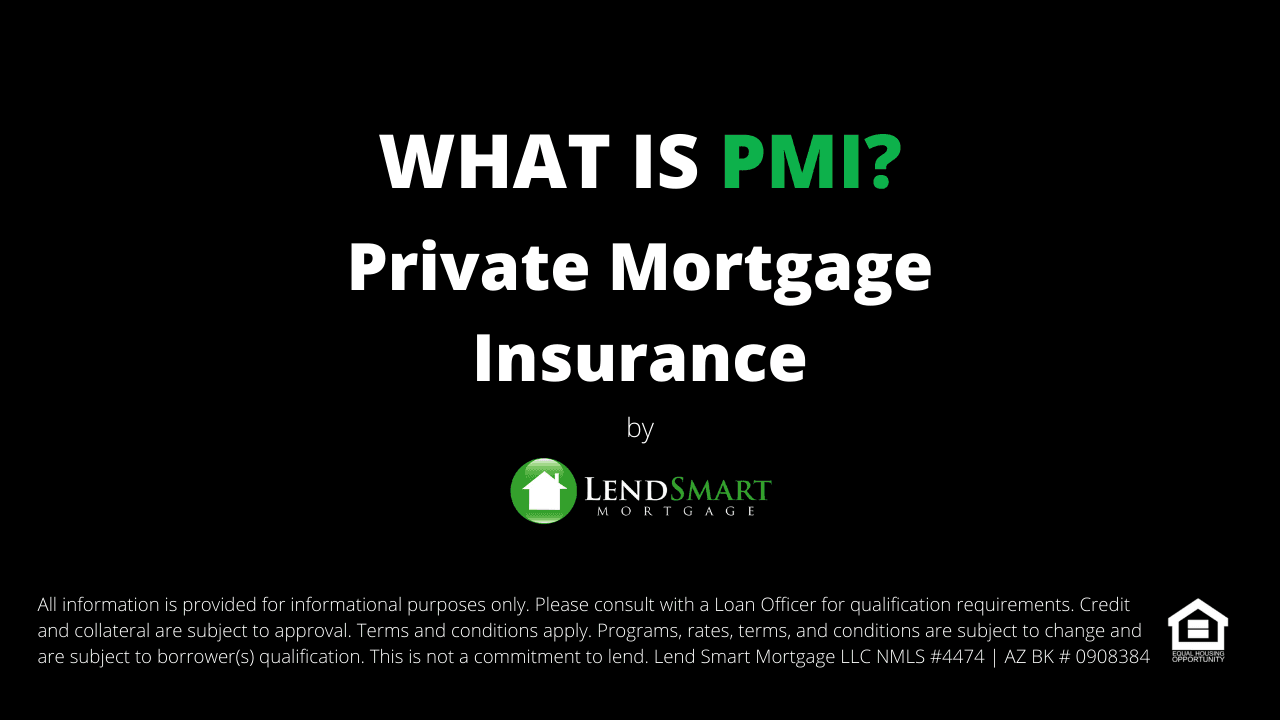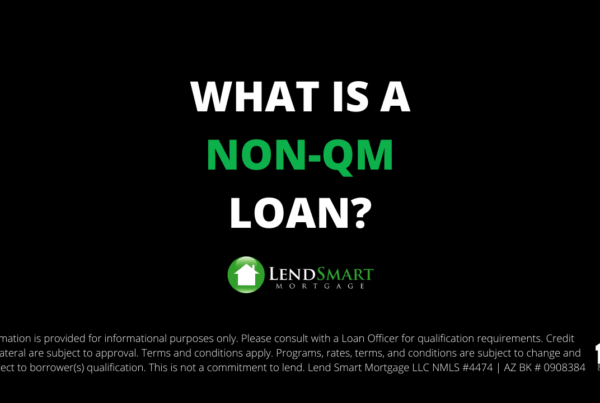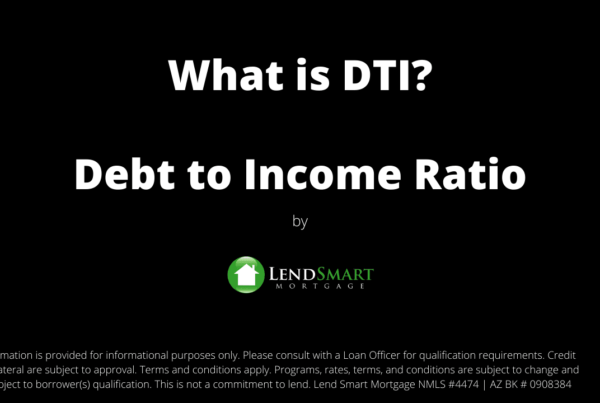Hi, I'm Scott Flaherty, CEO of Lend Smart Mortgage, and welcome to another episode of Mortgage Q & A. Today's question is, what is PMI? Well, PMI stands for private mortgage insurance. When is it needed? But you need to obtain PMI on a conventional loan when you're borrowing more than 80% of the property’s value.
What is PMI?
What it is, as the name implies, is, in essence, an insurance policy that protects the servicer in case of a loss in default. So, in theory, if there were to be a default on the loan and the mortgage goes into foreclosure, and there's a loss on the servicer side, the insurance policy would pay a portion of that loss back to the servicer. The great thing (or not so great) about this is, I guess for you, is that you get to pay for this through your monthly payments. Let's take a look at how mortgage insurance is calculated. Your mortgage insurance premium will be slightly different depending upon how much money you're borrowing in relation to the value of your home.
Example of What a PMI Payment Looks Like
So if you're borrowing 95% of the value of your home, your mortgage insurance premium is going to be slightly higher than if you are borrowing 85% of the value of your home. Let's look at an example here to illustrate how this affects your mortgage payment. So let's say that your purchase price on your new home is $300,000, and you're putting down 10% or $30,000. That would leave you with a $270,000 loan amount and a 90% LTV. Now, your PMI factor will vary based upon things such as your credit score.

But let's just say that a typical MI factor for this 90% loan would be 0.41%. How you calculate your mortgage insurance would be to take your $270,000 loan amount multiply it times 0.41%, which equals $1,107. That's your yearly premium divided by twelve months. Would give you $92.25. That $92.25 would be added to your principal and interest payment before adding your taxes and insurance to get your full payment.
Mortgage Insurance on other Loan Programs
So we've been talking about mortgage insurance or PMI on conventional loans to this point. There's also mortgage insurance on some government loans, such as FHA loans as well. Now it's calculated a little bit differently. You have to pay both an upfront mortgage insurance premium and a monthly mortgage insurance premium on FHA loans. However, the upfront MI is financed into your loan amount, and the monthly is generally cheaper than most conventional loans.
But it can get a little complicated. You'll definitely want to talk to one of our local professionals to figure out exactly what type of loan would be best for you and how the mortgage insurance would work. Certainly, you can click subscribe below to see any of our other videos. And as I'll always remember to be smart, choose Lend Smart.

All information is provided for informational purposes only. Please consult with a Loan Officer for qualification requirements. Credit and collateral are subject to approval. Terms and conditions apply. Programs, rates, terms, and conditions are subject to change and are subject to borrower(s) qualification. This is not a commitment to lend. Lend Smart Mortgage NMLS #4474 | AZ BK # 0908384
